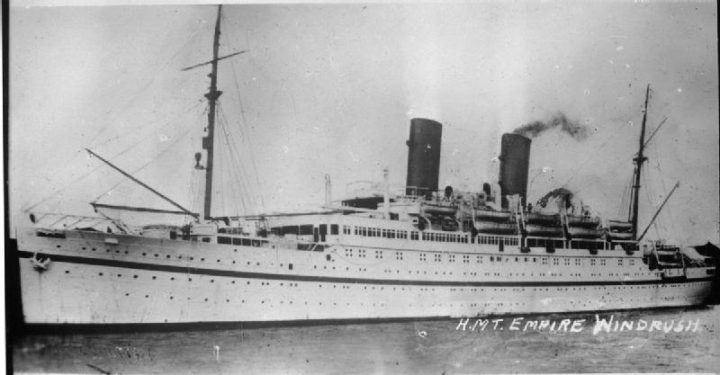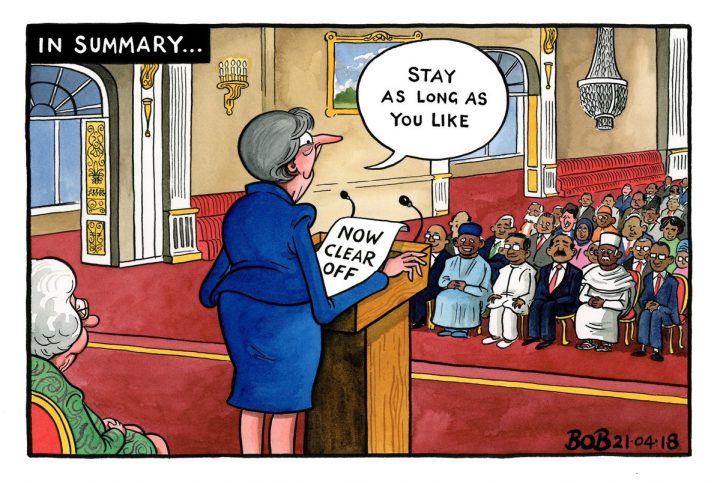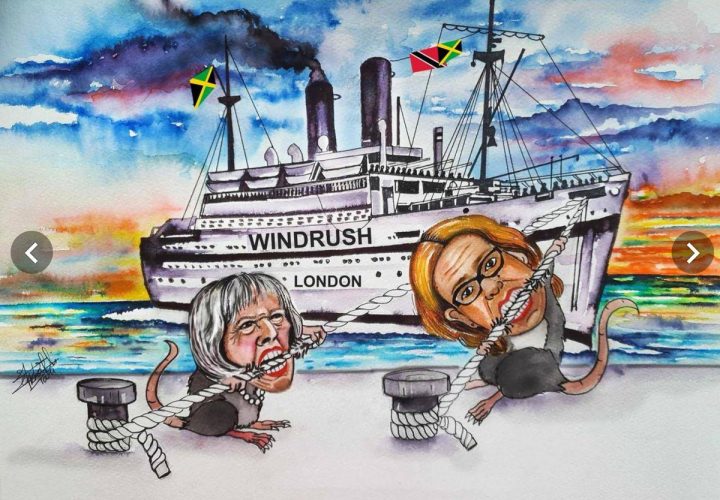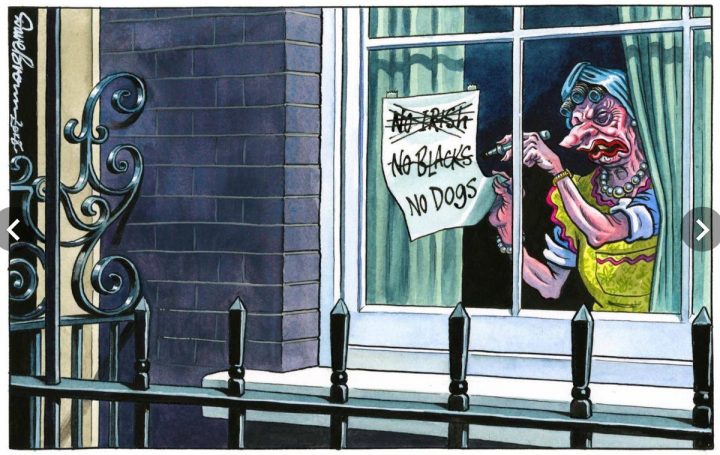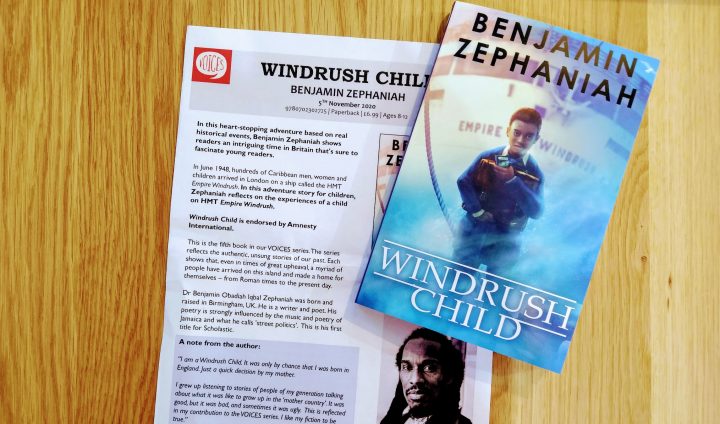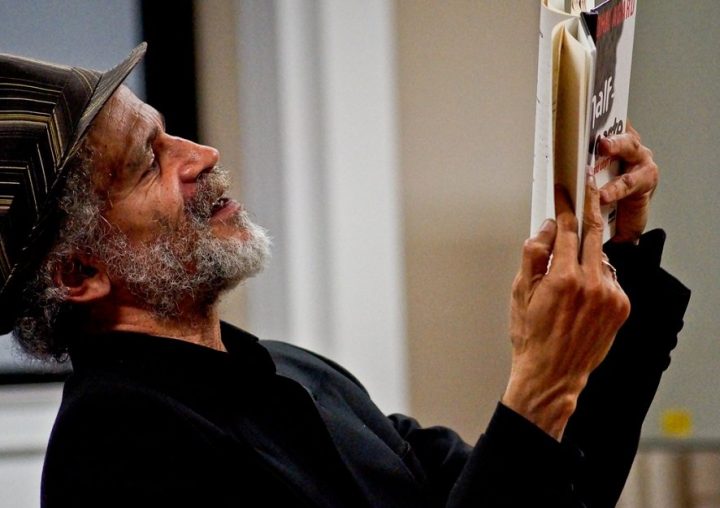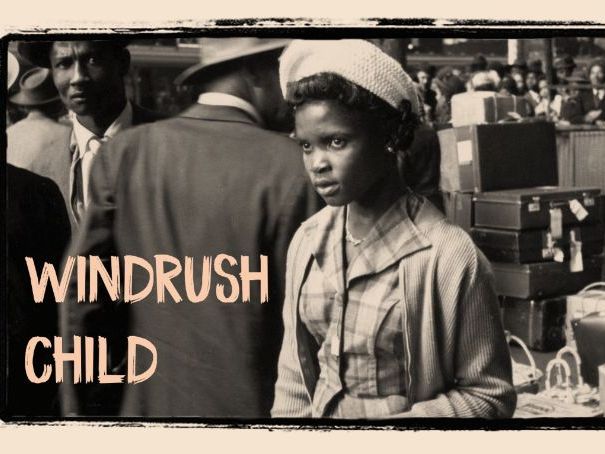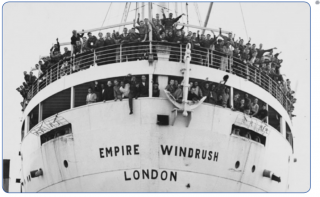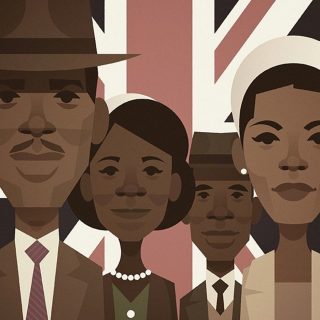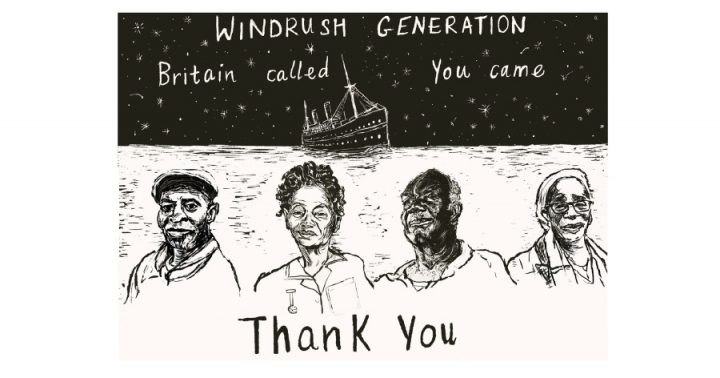The latest novel by Benjamin Zephaniah casts light on a bleak period in history closely related to the present: the Windrush generation scandal and the experiences of Caribbean-born citizens who were affected by the 2014 Immigration Act.
Watch the short video in which the author himself introduces his book.
The novel makes readers learn about the so-called Windrush Generation, a key event to understand British past and present, to see why so many people in the UK support the Black Lives Matter Movement started in the USA and to dispel some misconceptions about illegal immigration and most of all about black people in the UK.
So let’s learn about it, before we delve into the novel.
Watch this short video and make notes.
Who were they?
Why were they British citizens?
Why did they move to the UK, the Mother Country?
Now watch this second video and see by yourself the “national shame” or national scandal caused by politics under Theresa May’s government.
How come many legal immigrants to the UK did not get permanent residence status?
What does one of the interviewees mean when he says “I feel like an alien in this country”?
What mistake did the Home Office make? What were the consequences of such mistake? Do you think the mistake was made on purpose? If so, why?
What did the government ask the supposedly ‘illegal’ immigrants to do to prove their right to stay in the country? Why was the request absurd?
What does this mistake reveal about people’s mindset and approach to people of a cultural/ethnical background? What does it mean to be British? Italian? Or any other nationality?
The Windrush scandal was a 2018 British political scandal concerning people who were wrongly detained, denied legal rights, threatened with deportation and in at least 83 cases wrongly deported from the UK by the Home Office. Many of those affected had been born British subjects and had arrived in the UK before 1973, particularly from Caribbean countries as members of the “Windrush generation” (so named after the Empire Windrush, the ship that brought one of the first groups of West Indian migrants to the UK in 1948).
As well as those who were deported, an unknown number were detained, lost their jobs or homes, had their passports confiscated or were denied benefits or medical care to which they were entitled. A number of long-term UK residents were refused re-entry to the UK; a larger number were threatened with immediate deportation by the Home Office.
The scandal also prompted a wider debate about British immigration policy and Home Office practice.
Some Windrush-generation British Caribbean people were being faced with deportation thanks to stricter immigration rules. These rules require Britons to prove their status as citizens in order to be able to work, use the NHS, and access other services. However, even though people arriving legally from the Caribbean to fill labour shortages after 1948 and before 1973 were given permanent right to reside, the Home Office kept no records, and the burden of proof is therefore on the migrant. Many of these migrants came as children, on their parents’ passports, however, and therefore found it difficult to produce the needed proof.
Although Theresa May apologized to Caribbean nations for any distress caused to them or their citizens many people found the lack of judgment regarding the deportation of people who helped build up the UK after World War II more than deplorable.
What do you think? How would you have felt if you had been one of those Caribbean people? What would you have done if you had been a British white citizen witnessing this ‘repressive’ act happen in your country?
https://www.bbc.com/news/uk-politics-43792411
In her apology to Caribbean leaders, Theresa May said she wanted to “dispel any impression that my government is in some sense clamping down on Commonwealth citizens, particularly those from the Caribbean who have built a life here”.
She said the current controversy had arisen because of new rules, introduced by her as home secretary, designed to make sure only those with the right to remain in the UK could access the welfare system and the NHS.
“This has resulted in some people, through no fault of their own, now needing to be able to evidence their immigration status,” she told the foreign ministers and leaders of 12 Caribbean nations in Downing Street.
“And the overwhelming majority of the Windrush generation do have the documents that they need, but we are working hard to help those who do not.”
What do you think of this bleak incident in UK’s contemporary history?
How would you feel if you were a Caribbean-born citizen who moved to the UK because the ‘Mother Country’ needed you to thrive economically?
Watch these two short videos to realize what many people who came from Jamaica (a former colony of the UK) had to experience because of blind government measures against illegal immigration.
https://www.bbc.com/news/av/uk-43746746
https://www.bbc.com/news/av/uk-england-london-23074985
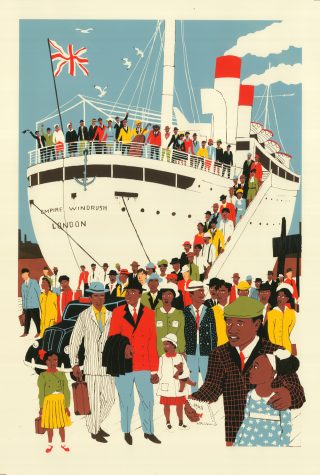
Many Windrush migrants who had their legal status called into question had been in the UK for decades, often paying taxes and making pension contributions.
It seems intuitively that anyone living and working in a country for a long period will leave a significant paper trail. So why were some finding it so difficult to prove?
Part of the problem was a requirement to provide four pieces of evidence for each year that a person had been in the country.
Windrush migrants had to prove they had been in the UK continually since 1 January 1973, when they were granted the right to stay in the country permanently. Anyone who had left the country for more than two years lost their right to remain.
The Home Office did not keep records of the people to whom it granted indefinite leave to remain in the 1970s. Some stayed but did not apply for British citizenship meaning there was no official record of their legal status.
To gain official recognition, people had to apply for an official stamp known as No Time Limit (NTL), at a cost of £229.
The Home Office put the onus on the individual to provide evidence.
It did not use central tax and pension records, which could prove someone had been working, to support people’s applications. Instead, the system relied on people having kept their own documentation including payslips and bank statements.
The sad and controversial incident in the recent history of the UK, should make us reflect upon many issues. What are they, in your opinion?
Look at these political cartoons. Do you find them powerful? Effective? Why (not)?
What do you know about Immigration Policies in Italy or your country of origin? Do you think some Acts should be introduced or some Amendments should be made? (e.g. ius soli)
The Advertising Standards Authority banned a Home Office mobile advert telling illegal immigrants to “go home or face arrest”.
Do you find the above advertising offensive? Disrespectful? Appropriate? Why (not)?
Do you find instances of ads in your country that are blatantly offensive to immigrants?
Leonard’s father is one of the many Jamaican-born men who came to Britain at the request of the UK government to help rebuild the country after the second World War. So, when Leonard and his mother arrive in Southampton the 10-year-old had to get to know a father he barely remembers and learn to live in a climate, both physical and social, that was alien to him.
The novel explores the society and the racism that Leonard encounters in his school and in being a part of 50’s and 60’s society in Manchester – where Leonard’s father was a bus driver.
The book takes Leonard’s story to the present day where he is one of the Windrush generation who now struggles to prove his right to be in the UK – making this a strong story on which to base vital lessons on the morality of government policies.
Benjamin Zephaniah said:
“I am a Windrush Child. It was only by chance that I was born in England. Just a quick decision by my mother… I grew up listening to stories of people of my generation talking about what it was like to grow up in the ‘mother country’. It was good, but it was bad, and sometimes it was ugly.”
Does this “note” clarify the reasons why the author decided to write a book on the Windrush Generation seen through the eyes of a child?
Leonard is shocked when he arrives with his mother in the port of Southampton. His father is a stranger to him, it’s cold and even the Jamaican food doesn’t taste the same as it did back home in Maroon Town. But his parents have brought him here to try to make a better life, so Leonard does his best not to complain, to make new friends, to do well at school – even when people hurt him with their words and with their fists.
How can a boy so far from home learn to enjoy his new life when so many things count against him?
In novel you read about Leonard’s family being faced with lots of difficulties when they move to the UK, difficulties linked to the differences between the country of origin and the host country, but mainly difficulties relating the unwelcoming behavior (e.g. discrimination) most British people reserved to the immigrants.
Can you think of any?
Watch the video and see whether Leonard, his father or his mother would make similar remarks.
https://www.bbc.com/news/uk-politics-43792411
These are two reviews about the novel. Do you agree with them? Why (not)
‘An invaluable story for any young readers who enjoy adventure and want to learn more about the Windrushgeneration’s experience. Essential reading.’ Alex Wheatle
‘Zephaniah pulls no punches in his depictions of the racism that Leonard suffers both at school and in the streets in a powerful, moving account of family and fitting in.’ iNews
Windrush Child is a novel that makes you think hard about British history, about racism and the Black Lives Matter movement, about fairness, about politics – and also about bravery and unsung heroes. Can you substantiate this by referring back to the text and finding relevant examples?
What do you think the author wants you to take away with you after reading the novel?
Check whether you were right:
Listen to the interview to Benjamin Zephaniah and find out more about the novel, who and what inspired it and some events in Zephaniah’s own life that are definitely reflected in the novel.
Now listen to John Agard (an Afro-Guyanese playwright, poet and children’s writer, now living in Britain reciting his poem “Windrush Child”.
Why did he write this poem? Who inspired him?
What are the similarities with the novel by Benjamin Zephaniah?
Windrush child
Behind you
Windrush child
palm trees wave goodbye
above you
Windrush child
seabirds asking why
around you
Windrush child
blue water rolling by
beside you
Windrush child
your Windrush mum and dad
think of storytime yard
and mango mornings
and new beginnings
doors closing and opening
will things turn out right?
At least the ship will arrive
in midsummer light
and you Windrush child
think of Grandmother
telling you don’t forget to write
and with one last hug
walk good walk good
and the sea’s wheel carries on spinning
and from that place England
you tell her in a letter
of your Windrush adventure
stepping in a big ship
not knowing how long the journey
or that you’re stepping into history
bringing your Caribbean eye
to another horizon
Grandmother’s words your shining beacon
learning how to fly
the kite of your dreams
in an English sky
Windrush child
walking good walking good
in a mind-opening
meeting of snow and sun
From Under the Moon and over the Sea.
(source: https://clpe.org.uk/poetryline/poems/windrush-child)
Which words or phrases tell you what the Windrush child left behind?
Who will the child miss? How do you know?
Why is the child’s grandmother important to her/him?
‘Windrush child’ is repeated four times in the first four verses of the poem. Why do you think the poet chose to do this?
Windrush Child is the first novel by Benjamin Zephaniah that does not have a poem at the end of it. Imagine yourself being the writer and write your poem to be added at the very end of the book.

